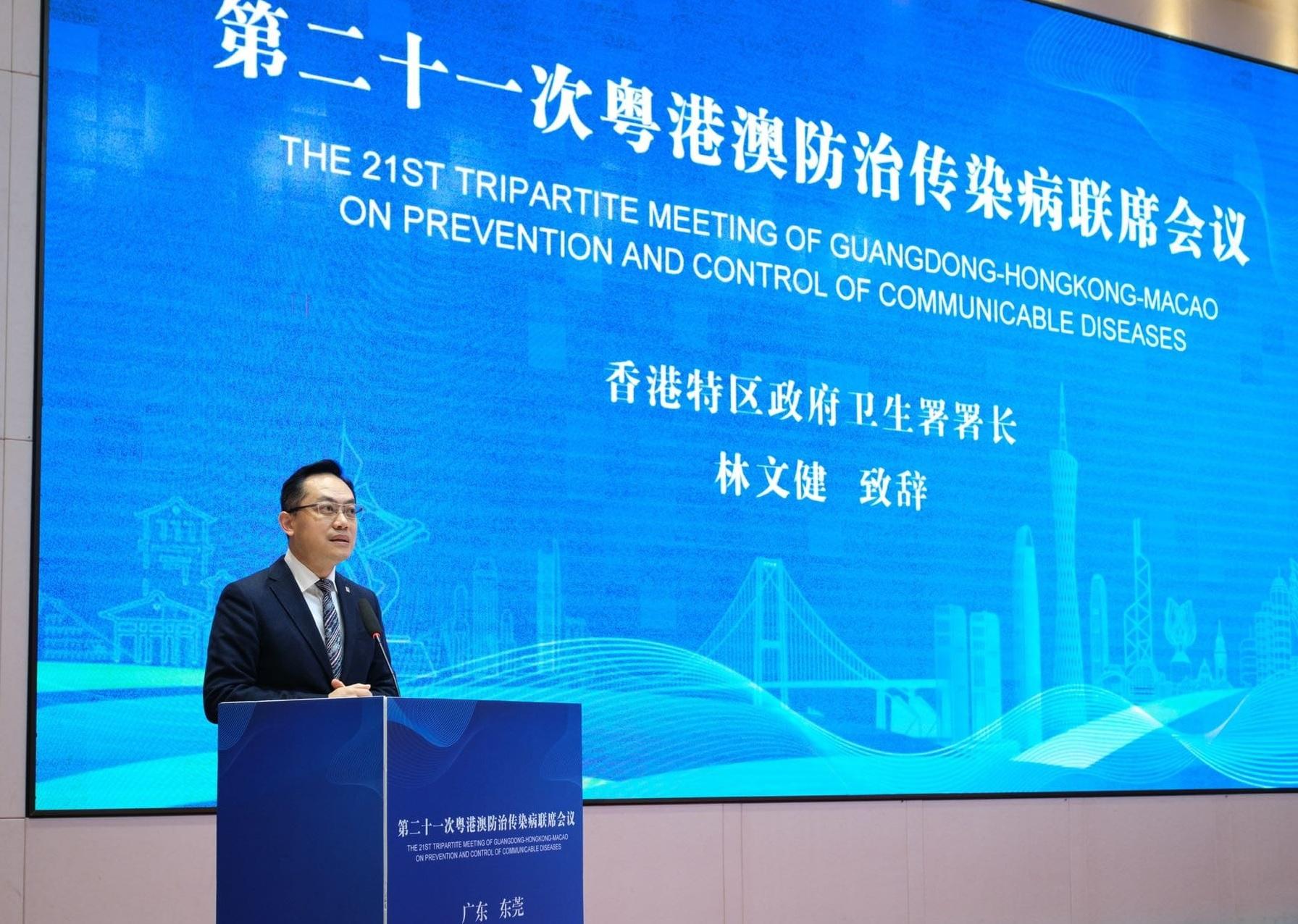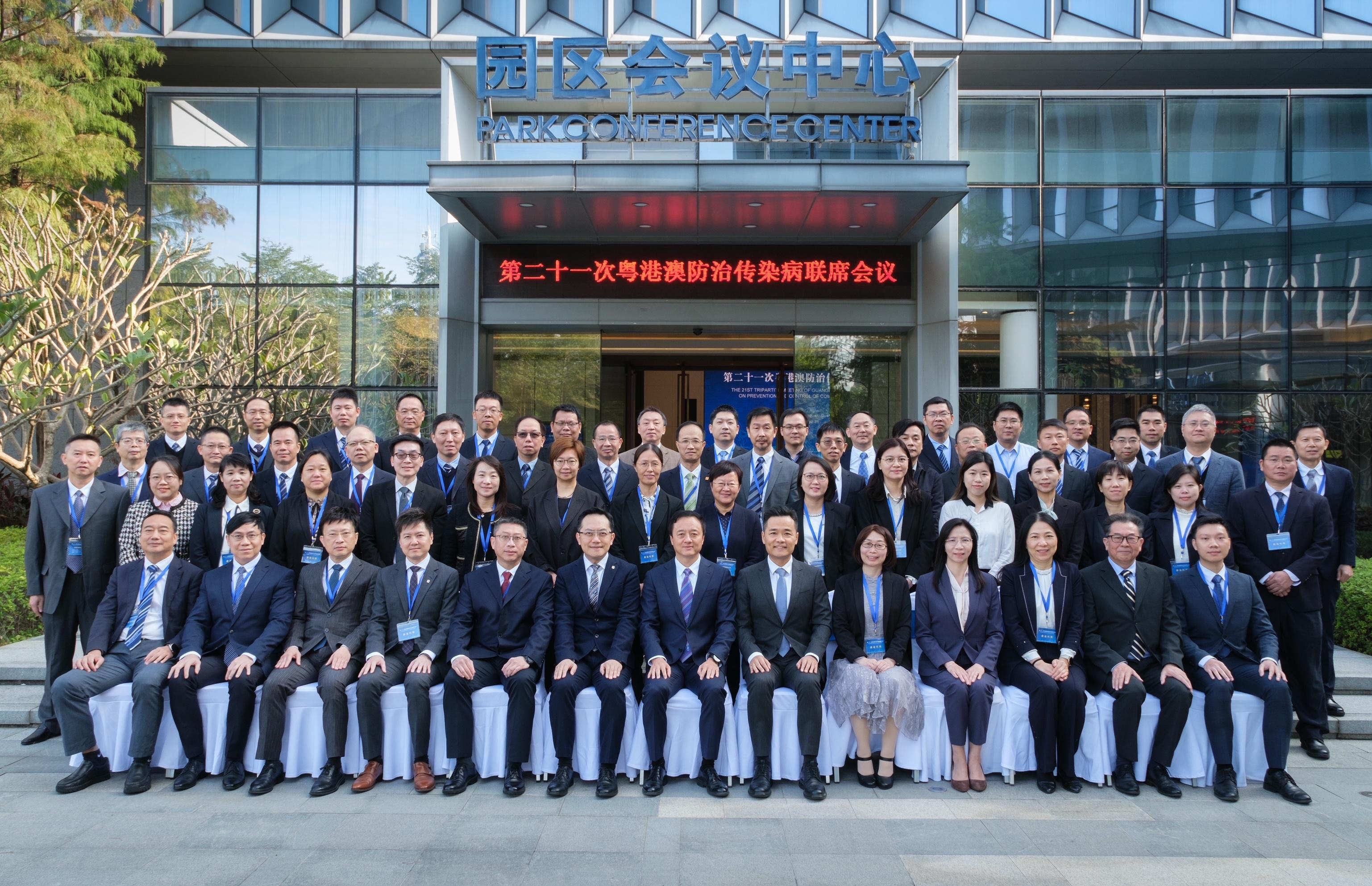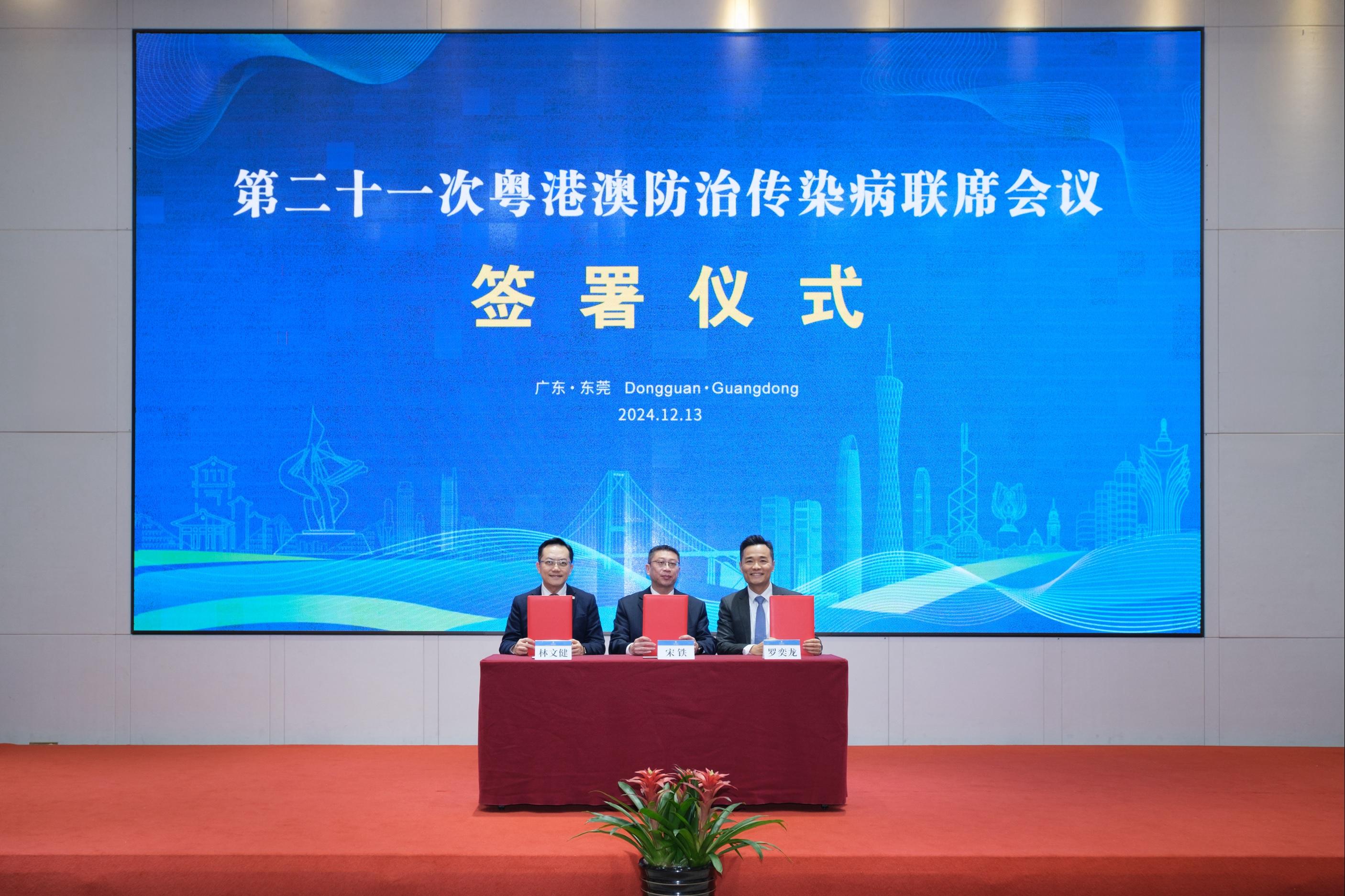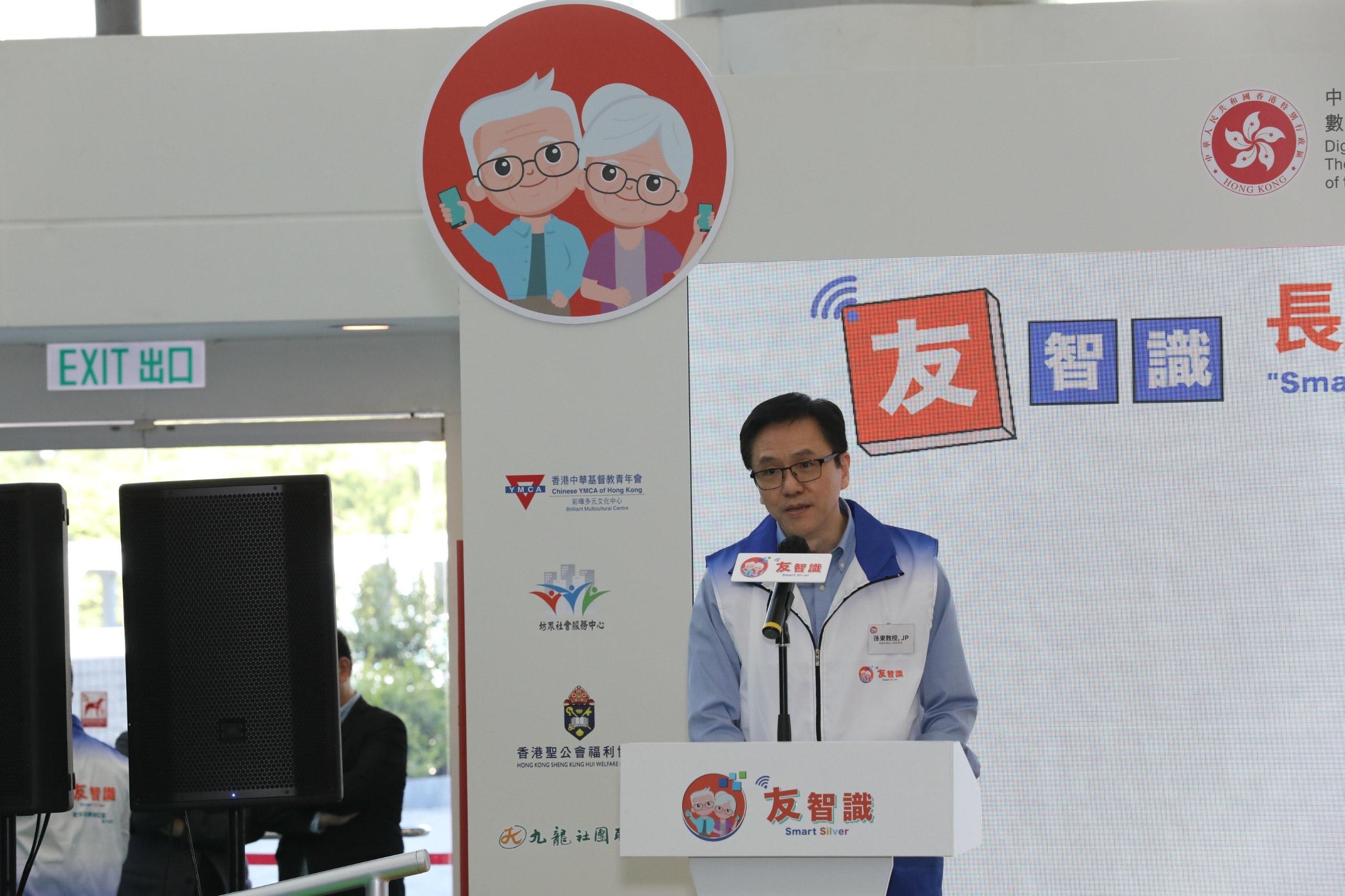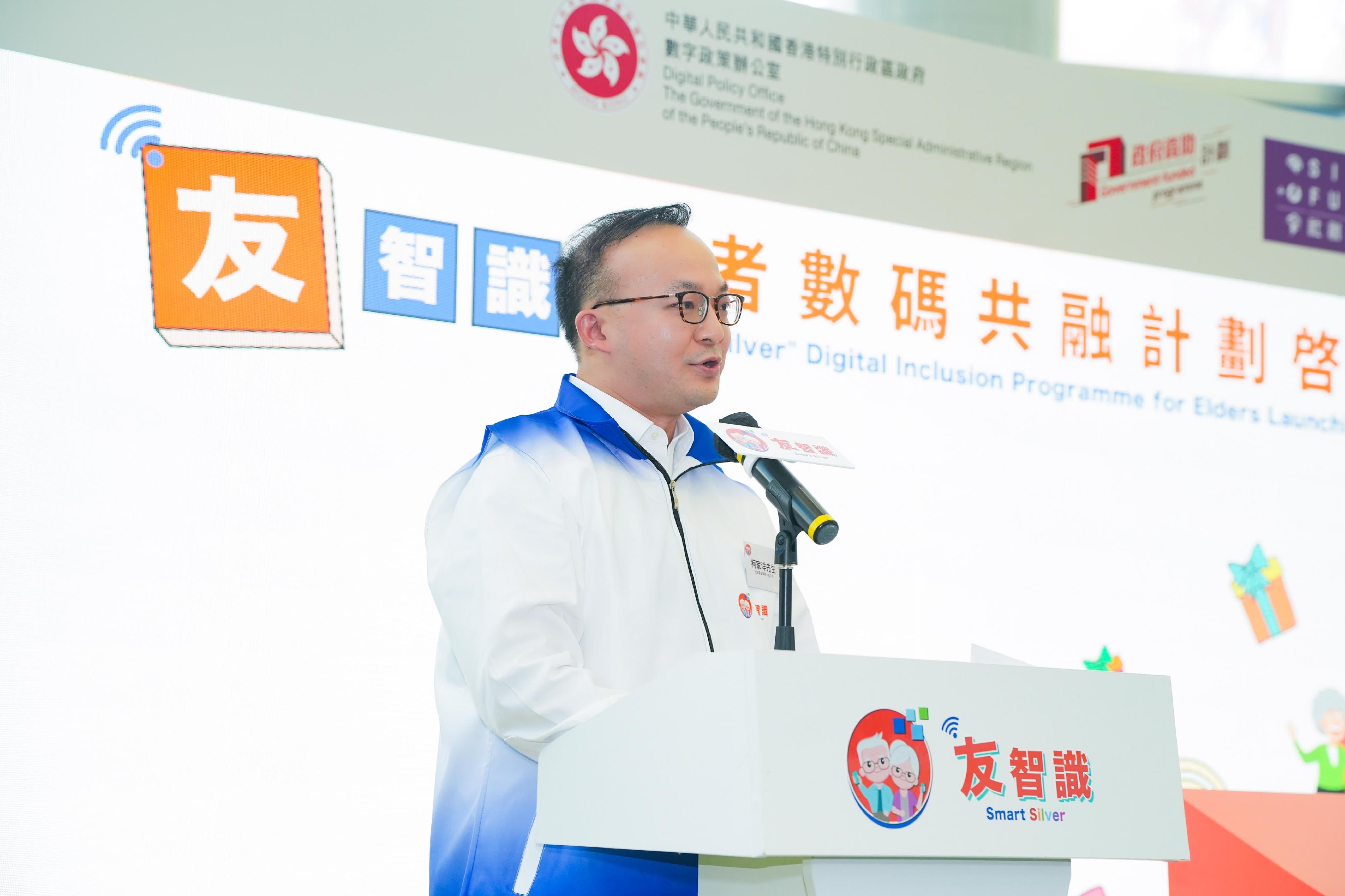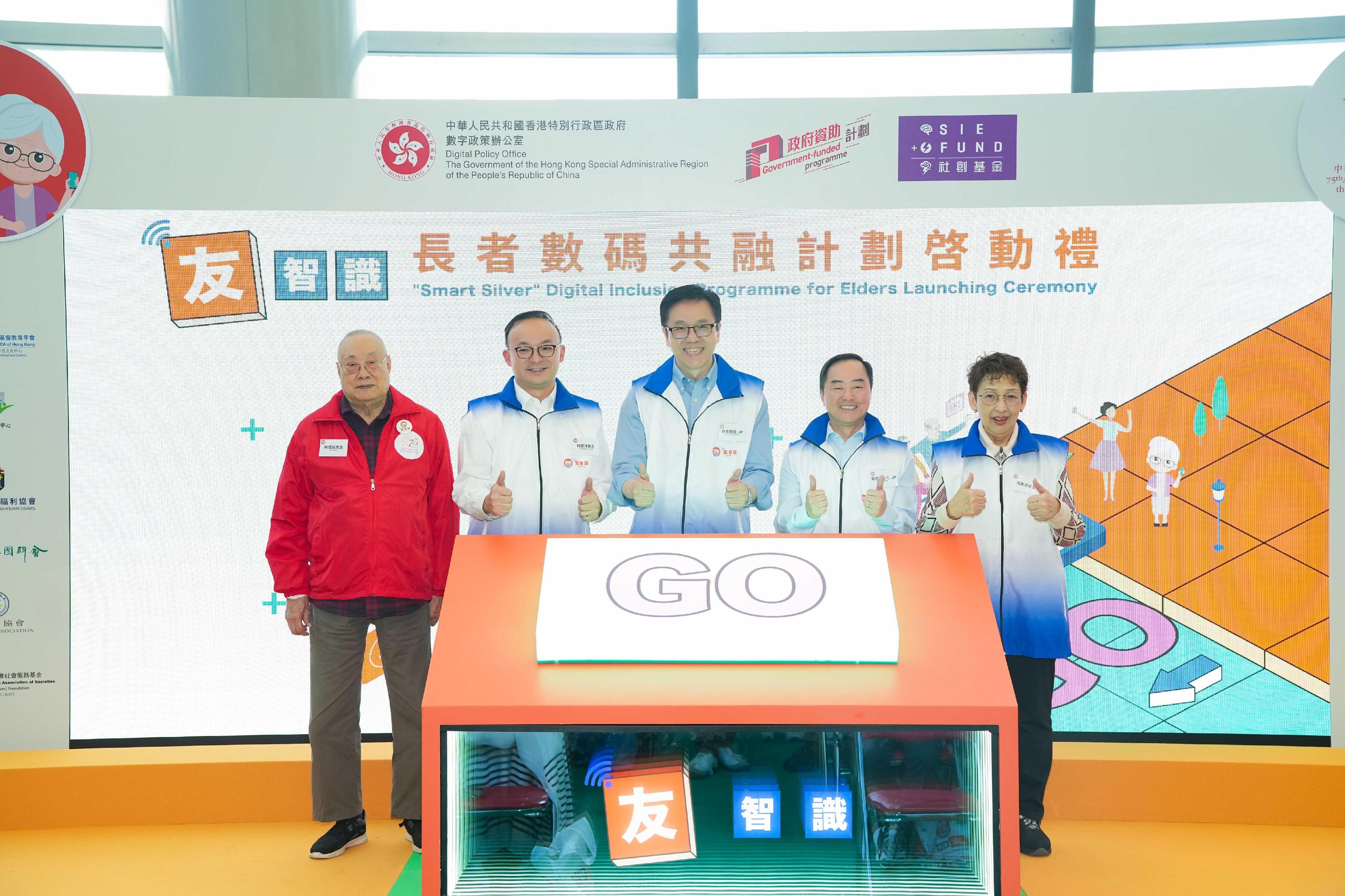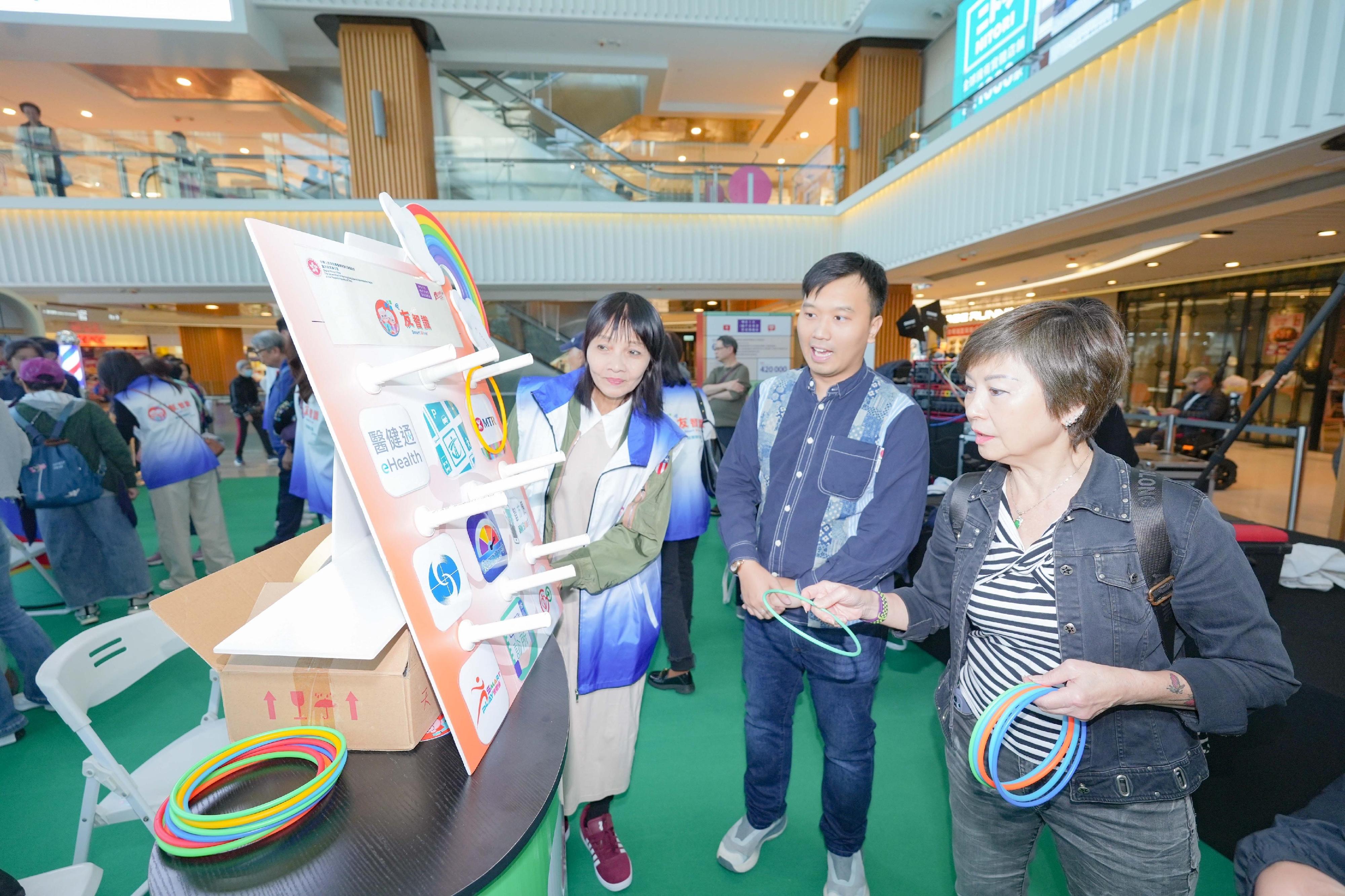Tripartite meeting further enhances co-operation and exchanges on prevention and control of communicable diseases (with photos)
The 21st Tripartite Meeting on Prevention and Control of Communicable Diseases was held in Dongguan today (December 13). ​Representatives from the health authorities of Guangdong, Hong Kong and Macao had in-depth exchanges and discussions on three major agenda items, namely prevention and control of major communicable diseases and Dengue Fever; prevention and management of communicable diseases in healthcare institutions; and prevention and control of viral hepatitis and HIV infection. Representatives from the three places also conducted reviews on other areas covering public health emergency response, communicable disease surveillance and control, and notification, etc.
The tripartite meeting was chaired by the Director-General of the Guangdong Provincial Health Commission, Dr Liu Liqun; the Deputy Director-General of the Guangdong Provincial Health Commission and Director of the Guangdong Provincial Disease Control and Prevention Administration, Dr Song Tie; the Director of Health of Hong Kong, Dr Ronald Lam; and the Director of the Health Bureau of Macao, Dr Lo Iek-long.
During the meeting, Dr Lam pointed out that since the signing of the tripartite co-operation agreement on public health emergencies in 2006, the three places have established a highly effective communication mechanism and achieved fruitful results in areas such as communicable disease prevention and control, emergency response, and joint disease prevention and control. It is hoped that the three places, following the establishment of the Guangdong Provincial Disease Control and Prevention Administration, will further strengthen collaboration in the future, especially reinforcing areas such as communicable disease surveillance and forecasting, and risk assessment and notification mechanisms in order to attain higher efficiency in disease prevention and control for the three places.
A consensus was reached among the three places with regard to the following areas:
1. Further strengthen tripartite collaboration in the prevention and control of communicable diseases and the management of public health emergencies, continue to organise regular tripartite meetings and actively promote the sharing of information and experiences in the three places in order to enhance the level of communicable disease prevention and emergency response capabilities;
2. Continue to implement the tripartite co-operation agreement on public health emergencies to strengthen exchanges and collaboration, optimise the system for handling public health emergencies and major communicable diseases, and further improve public health in the Guangdong-Hong Kong-Macao Greater Bay Area;
3. Further strengthen scientific research and exchanges in various fields of communicable diseases, including the joint development of more effective surveillance and forecasting methods, conducting research on epidemiology and applied science, and fostering the exchange of new technologies and information sharing;
4. Further improve notification mechanisms for communicable diseases, and through discussion and consultation, stardardise terms that are commonly used in epidemiology of major communicable diseases;
5. Carry out joint consultation and assessment of communicable disease risks to address communicable disease epidemics, major events affecting the three places, as well as infectious diseases with peak seasons and emerging infections as appropriate to develop prevention and control strategies to mitigate risks;
6. Conduct joint emergency response exercises among the three places to enhance practical skills;
7. Promote exchanges and trainings of professional staff and strengthen experience sharing in epidemic prevention and control as well as clinical management; and
8. Strengthen co-ordination and collaboration in provision of medical support for major events.
Dr Lam stated that with the continuous deepening efforts in the joint prevention and control of communicable diseases, the three places will further enhance their abilities to respond to epidemics.
Around 60 representatives from the three places attended the meeting today, including those from the Hospital Authority of Hong Kong. The next Tripartite Meeting on Prevention and Control of Communicable Diseases, to be hosted by the Department of Health, will take place in Hong Kong.
